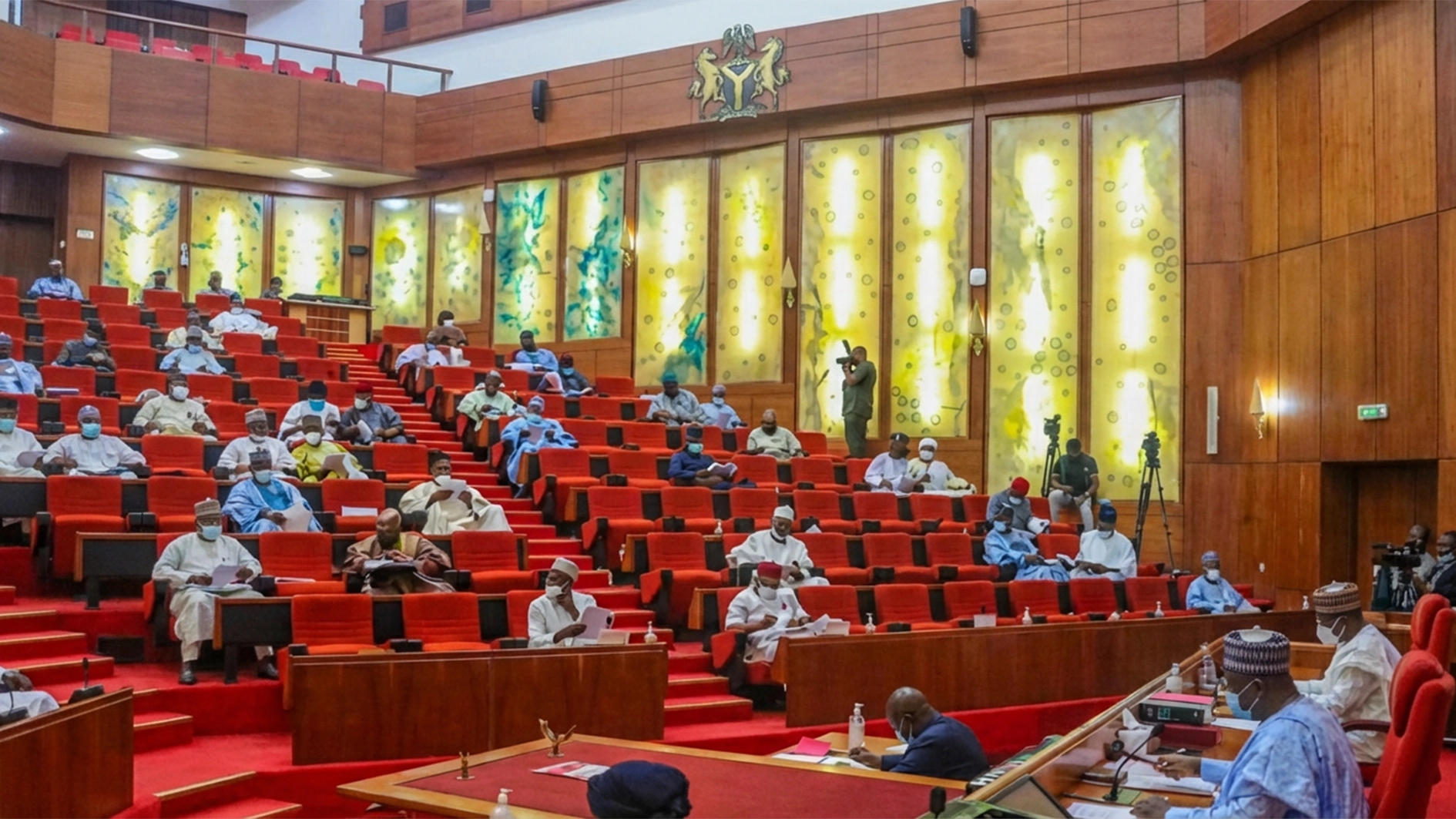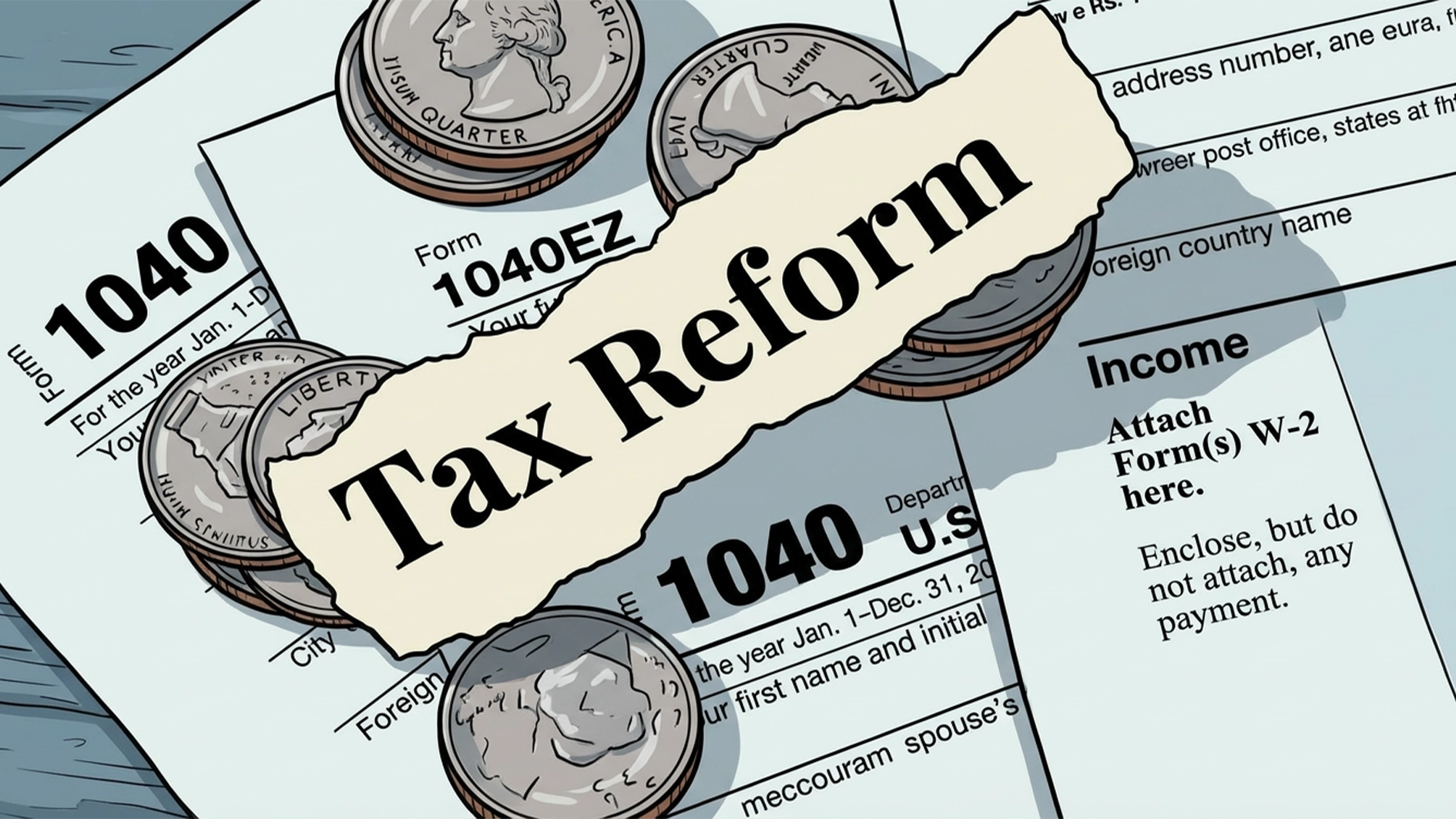
To reduce the rate of hunger and malnutrition in the country, stakeholders in the agricultural sector have called on the government to implement the ‘Right to Food Act.’
The stakeholders, including the Global Initiative for Food Security and Ecosystem Preservation (GIFSE) and the Farm and Infrastructure Foundation of Nigeria (FIFN), disclosed that the Right to Food Act was signed into law in 2023 by the former President Mohammadu Buhari, but two years after, the Act is yet to be implemented.
The Founder of FIFN, Prof. Ayoola Agboola, while speaking at a Media Training on the Right to Food Act, explained that the Act requires the government to direct its policy towards ensuring the right to food and food security in the country.
He further explained that the Act acknowledges that the government has obligations to protect citizens’ rights to food, saying when public authorities underperform in entrenching these rights, they can be sued in a court of law.
Mentioning that the Act is a panacea for solving the hunger crisis in the country, the don said several technologies deployed to achieve food security in the country have not worked so far, saying, “We discovered that the only thing that remains that we have not investigated and deployed properly is the instrumentality of policy in fighting hunger.”
“Policy environment determines the extent to which technology will work, determines the extent to which things will succeed, and implementation will succeed in this country,” he stated.
READ ALSO: NAFDAC warns against chemical ripening of fruits
The Team Lead for GIFSE, Michael David, stated that the Renewed Hope Agenda of the President will be incomplete without the implementation of the Right to Food Act, saying the right to food is also a national security issue.
He maintained that the implementation of the law is important to enable Nigerians to demand accountability, and given that food production is on the concurrent list, the state governors also need to wake up to ensuring food security.
Dr. David stressed the need for Nigerians to demand to know the allocated budget by the federal and state governments in tackling the hunger issue in the country, saying when there is adequate nutritious food, there will be huge national development.
He emphasized that palliatives are not a sustainable way of ensuring food security in the country, saying when the government gives palliatives, they are intentionally making the people poor and keeping them dependent on palliatives every year.
He said, “When we say government should guarantee the availability of food, accessibility of food, and affordability of food, it means that in this era of climate change, we should go climate-smart and ensure that smallholder farmers are supported and not that only the commercial farmers are supported.
“The Right to Food Act also states that any government must ensure that they hold accountable any company or individual that undermines the food security of the country. So if you have companies in Nigeria who, instead of producing staple food, are converting it to raw materials for export, they can be sued.”






